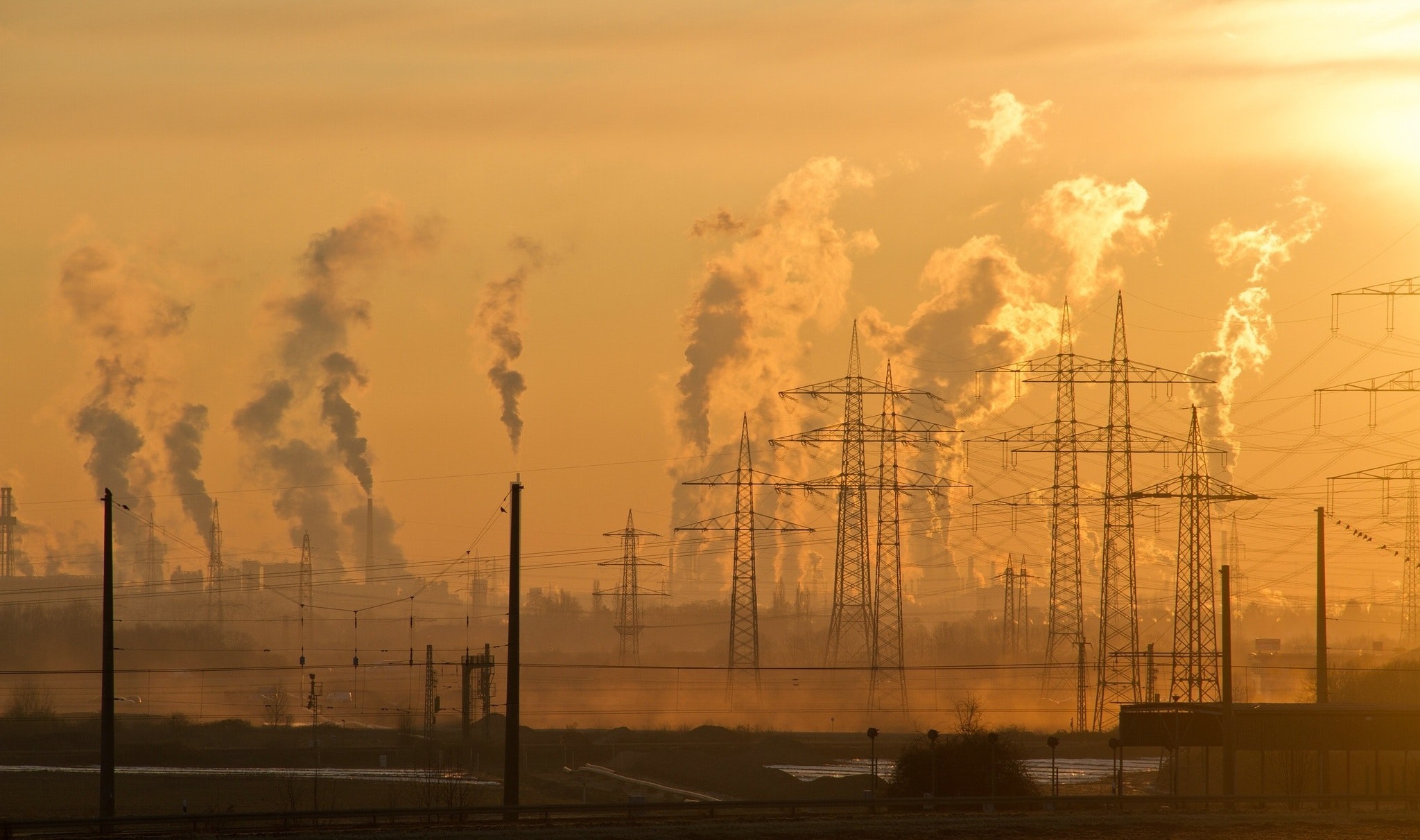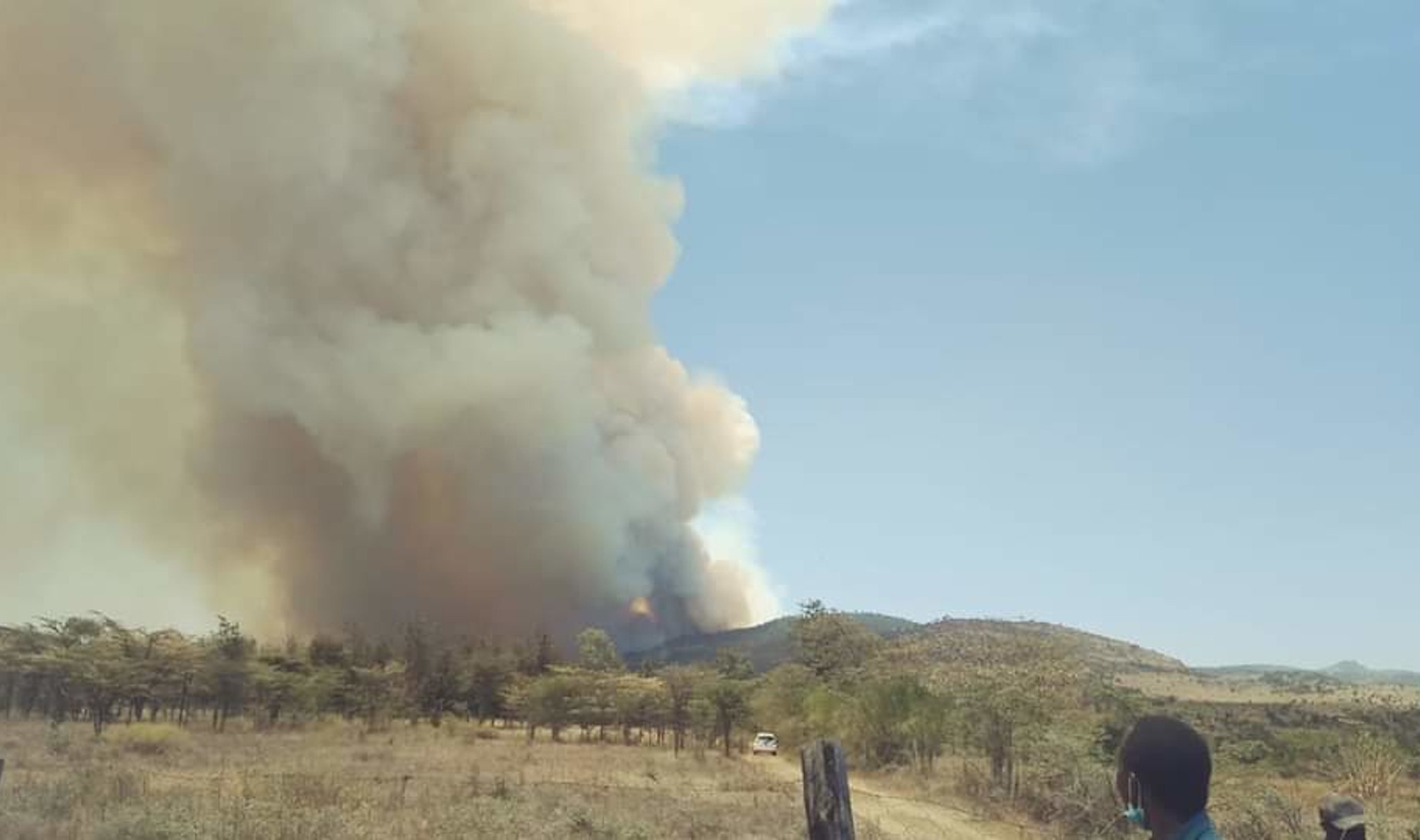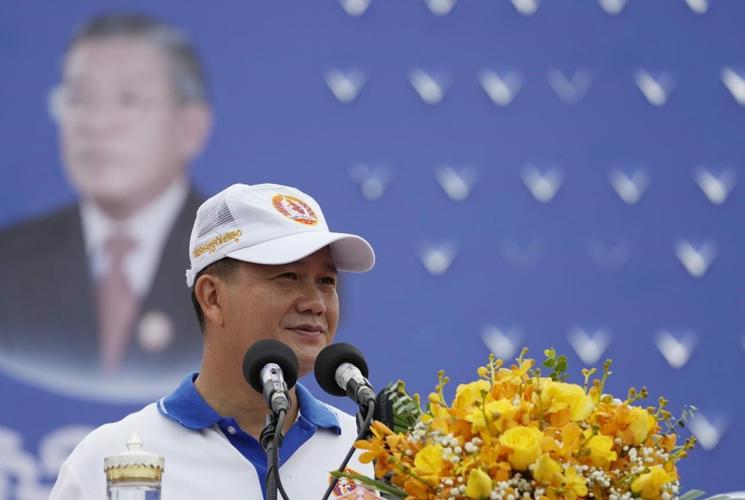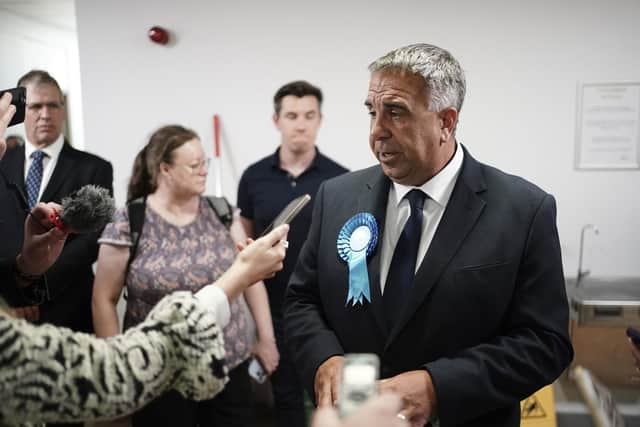ALTERNATIVES: HOW TO END OUR ADDICTION TO OIL AND GAS
How to produce power without polluting the planet? (Photo: Pixabay / Pexels)
- Authors reveal environmental activists and oil majors such as Shell have been engaged in high-level conversations for years but there is no sign of a serious change of course from the corporations
The fossil fuel industry has known about the damage it causes to the climate and our natural world almost since its inception.
The impact of air pollution on human health and numerous global environmental catastrophes as a result of fossil fuel activities, have led to changes in government legislation through the decades.
However, as we find ourselves in what has been referred to as the defining decade from an environmental and climate point of view, we need action, including legislation, at a much more profound level – one where the aim is to end the fossil fuel era once and for all, before it ends us once and for all.
This is of course a tall order.
The fierce protection of the fossil fuel industry is not only due to its continued profitability. It’s also due to the power and influence it provides to some.
The centralisation of energy generation and thus power in the hands of a small number of giant corporations has meant that a relatively small number of people have not only benefited financially; their level of control over other industries, nation states, and indeed the wider world, is significant.
This power structure is fiercely protected through intense lobbying, ensuring our dependency on oil continues. From transport to heat and packaging to agriculture, the fingerprints of the fossil fuel industry are everywhere.
However, an important feature of the climate crisis is that in itself it benefits no-one. Shell executives don’t want their children to grow up on a blasted planet or in societies facing climate-driven civilisational collapse. No-one does.
Those working in the fossil fuel industry, while having an all-too-real responsibility, will be victims in the future too, like everyone will.
What are oil corporations doing?
The fossil fuel industry are experts in getting their agenda prioritised. They have used the most cunning approaches to, first, outright deny, and then delay, the public’s awareness of the cause and effect relationship between the burning of fossil fuels and the increase in average global temperatures.
They did have an advantage, of course, as their own scientists drew the conclusion before most others. This allowed them time to find strategies to ensure we were all locked in, making the system dependent on oil, before we all started to realise the consequences.
Most people, even in the comfortable parts of the Global North, are now starting to experience dangerous climatic changes for themselves.
“The industry presents itself as a saviour which the world cannot manage without”
Yet the oil and gas industry is still able to delay the energy transition away from fossil fuels by taking advantage of the economic and geopolitical situation to serve its agenda, feeding the world more oil and gas.
This is a tried and tested tactic where the industry presents itself as a saviour which the world cannot manage without.
Promoting national energy security and affordable energy, as well as social and political pressure to continue “growing the economy” and keep people in employment (although there are of course viable job transition pathways), are key arguments employed for continuing with oil and gas.
In this way the “ecosystem” that supports and ultimately benefits from the fossil fuel industry and the power structure it represents, is still somehow able to largely convince society that we need oil and gas, even as we find ourselves in the midst of a crisis caused by it in the first place.
Self-inflicted trilemmas
Providing this continued supply is justified as a means to meet critical demand that international oil corporations (IOCs) cannot, they claim, influence. In fact, they argue they can only transition away from fossil fuels as fast as society wants.
As such they have become self proclaimed victims of their own success. With everyone addicted to oil and gas, and investors and shareholders accustomed to continuously high returns, the claim is that the decarbonisation journey is inherently going to fail.
It’s almost possible to feel a little sorry for them…had it not been that this of course is all part of their strategy.
We think this self induced problem created by the IOCs is not an impossible nut to crack however. At least in theory.
We are working with colleagues on the Climate Majority Project one of whose aims is to change the whole orientation of business: away from purely competitive advantage-seeking towards recognising that unless bad actors are reformed or driven out then we are headed for a future with no profits, i.e, on a dying planet.
We think it still conceivable that the industry can, if it wishes, free itself from its self-inflicted trilemmas. And this is how.
Start with telling the truth
Shell’s recent AGM was significantly disrupted by a group of small shareholders. A Shell spokesperson said the corporation “welcome[s] any constructive engagement on our strategy and the energy transition. However, yet again protesters have shown that they are not interested in constructive engagement.”
But this is the height of chutzpah and indeed duplicity on Shell’s part.
We can reveal exclusively today in Declassified that such engagement has been taking place, with Shell and other IOCs.
“There is literally no sign of a change of course from the international oil corporations”
We can categorically state our knowledge that there has been more or less regular, very high-level, private and deep engagement occurring between tough, bold, constructive critics like ourselves and the IOCs, for the last several years.
And yet there is literally no sign of a change of course from the IOCs; they have failed to listen or maybe all they ever wanted was to spin out some impression of engagement.
On the contrary, their stances on climate (and in particular Shell’s) have significantly worsened over the last twelve plus months; they have left behind their so-called strategies for achieving net-zero and energy transition.
It is thus no wonder that active citizens, profoundly concerned about their children’s futures (and about their own!) resort to disruption of business as usual, when business as usual is hastening their deaths, and when other politer methods have been systematically tried for decades, yet so far, are self-evidently not working.
Smears, slanders, lies
The implication from Shell that there has been no constructive engagement from those appalled by the IOCs’ record and demanding change is plainly false. Such smears, slanders, and lies have to stop.
The IOCs, if they want any respect at all, and if they want to try to start to rebuild trust from “consumers”, citizens, and indeed shareholders, have to start telling the truth about this – and everything else.
The oil industry, including individual IOCs, needs to acknowledge its absolute responsibility in the future-threatening, horrific environmental crisis we all now face.
Further to this, issuing an apology for all the harm it has caused is important.
This would need to include a public statement saying that we, humanity, in 2023, find ourselves in an existential crisis, an (un-)natural ecological catastrophe that the fossil fuel industry knew about and has been responsible for from the beginning.
Because it’s not only the climate crisis that we are facing. The oil industry is also responsible for the plastic pollution killing our oceans, what lives in them and which is now finding its way into our unborn babies’ bloodstream, as well as numerous incidents around the world polluting local communities and ruining livelihoods for generations.
Truth telling
This truth telling for which we are calling must take place at the highest level, and be published in legally binding documents like the chairperson’s and CEO’s statements in the company’s annual accounts. Thus for it to count, the following points need to be made:
- Climate change is real and man-made, and amounts to an existential threat to human civilisation.
- Not meeting the Paris climate targets (e.g. limiting the increase in average global temperature to 1.5 degrees) creates unacceptable risks for the future of life.
- Staying within the Paris carbon budgets – which limit the amount of carbon emitted to stay within a 1.5 degree temperature rise and well below 2 degrees – must take precedence in all decision making.
- A disruptive transition is now unavoidable. Regardless of action now, the economy will be impacted if we apply the brakes to meet the Paris targets, or the climatic consequences of exceeding 1.5 degrees and indeed 2 degrees will cause significant disruption to countries and economies.
- The company acknowledges and apologises for statements and actions made in the past – as well as direct or indirect lobbying – that have had the result of delaying climate action by society. The company resolves to come clean about any of these which have not yet been exposed to public scrutiny.
- There is no long term future for fossil fuels.
- Further oil and gas exploration and extraction is incompatible with the Paris carbon budgets and will, if those targets are acted upon, lead to more assets being decommissioned early.
- The company communicates a clear vision for itself and the role it plays in support of society to accelerate the energy transition.
Follow up with action
Decarbonising the energy system is arguably best done by the players that know that system best. And the oil and gas sector is jam-packed with intelligent, skilled and even – dare to say it – well-meaning people.
Given the chance, they would perhaps have come up with the solutions at a point when we might have had time still to implement them and avoid the terrifying trajectory towards a 3 degrees world that we are currently on.
However, they have not!
We’re now instead in damage mitigation and transformative/deep adaptation territory and whilst acknowledging there will be a disruptive transition, we must stop the oil and gas industry creating and marking its own homework.
The industry has to date failed to do what is needed of it and whatever it now does it needs to focus on reducing the harm already locked in.
“We must stop the oil and gas industry creating and marking its own homework”
As we know, the trajectory towards net zero by 2050 only means something if the curve leading to it is steep, with radical and disruptive reductions in emissions.
In the current situation this means a cut of carbon dioxide emissions globally by half by 2030. That translates to a higher annual reduction in emissions than we experienced during the Covid pandemic when economies around the world practically came to a standstill.
And then we need to sequester billions of tonnes of historic emissions in order to have a fighting chance to stay below 2 degrees as we’re already going to exceed the 1.5 degree threshold by the end of this decade.
In fact, and appallingly, we already “temporarily” exceeded this threshold in June 2023 with likely further exceedances during the coming “global infernal summer” of this dawning El Nino.
Meanwhile 2023 looks to be yet another record year of carbon emissions. We’re off the cliff, and yet we carry on going…
Transformative change
To mitigate further terrible damage that is already locked in, transformative change must start today – with an acknowledgement about yesterday.
Such change will obviously require the fossil fuel industry, one way or another, to start acting in the appropriate way. This means redirecting serious investment into reducing the demand for fossil fuels.
Key is investing in genuine renewables (rather than, as Shell is currently doing, steaming away from renewables), into storage, into energy-efficiency measures, and to a limited extent into carbon sequestration technology.
It could also, for some, if they cannot change business models, mean decommissioning and folding altogether.
“Key is investing in genuine renewables”
This kind of “suicidal” behaviour is only possible if there is enough external pressure or indeed legislation that makes it impossible for any oil and gas company not changing to continue. (And once that impossibility is realised, then our chances as a species of not committing mass self-suicide start at last to increase…)
Such appropriate action could be:
- Developing non-fossil fuel businesses demonstrated by investment in research & development, and capital investment diverted to non-fossil fuel activities, marketing spend etc.
- Immediately ending new exploration and extraction
- Urgent and proactive reduction of carbon dioxide emissions from existing activities including reducing methane leaks
- Where, temporarily, oil and gas is still part of the mix, planetarily-harmful emissions must be removed at the point of use through carbon capture and storage solutions.
- Introduce appropriate governance to reflect how we will meet the Paris Agreement. This could entail designating a Board member to ensure the company adhered to the Agreement.
Lobby themselves for the change we ALL need
It is no good playing the victim when one is also actively participating in advocating and lobbying for the continuation of oil and gas in a serious way.
Oil and gas executives often complain they “cannot” impact the demand for fossil fuels. And as long as there is a lack of clarity about government policy and legislation, the oil majors are in essence given carte blanche to continue incremental change.
For example, they only move at the pace society allows and when incomplete and untruthful communication about the impact of climate decline is shared with the public, this will not be fast enough.
Thus they need to demand that governments create a policy environment which allows the majors to plan towards a renewable, energy-descended future with confidence.
The ban of the sale of internal combustion engine cars, running on petrol or diesel by 2030, is a good example of how legislation moves markets and alters business models.
At a basic level, therefore, IOCs need to stop lobbying for the continuation of oil and gas and actively lobby to reduce the demand and supply of fossil fuels, directly and indirectly.
They should:
- Demand policy and legislation that will support them to reduce emissions to meet the Paris Agreement.
- Introduce a price on carbon where the cost of emitting carbon will appropriately reflect the damage caused by using oil and gas.
- End memberships in trade organisations and industry associations that are not Paris compliant and call these out publicly. Transparency in what such associations are lobbying for is readily available through the likes of the Influence Map, thus not knowing is no excuse.
- Demand that new licences to extract oil and gas are not handed out by governments.
- Demand legislation that will stop methane leaks through the practices of flaring (burning methane at point of production) and leaking pipes (making it more expensive to leak it than to stop it).
What can we do?
It is not that the oil and gas industry has not improved many people’s lives. One of the authors grew up in Norway in the 1980s and 90s and has her education, and conditions for an improved health and well-being, to thank oil for. But she asks – at what cost?
Well, we are just starting to experience that, in real time.
It’s disturbing that we seem to accept the idea that the protection and wellbeing of the citizen is a motivation of IOCs by accepting and encouraging their continued operation.
In reality, the people at the top of the power structures in the industry, the ecosystem around it like the financiers and investors, and governments, are thinking of and protecting only themselves.
So what can we, citizens, do?
Whilst we are not for one moment suggesting that individual behavioural change is the answer, we do know our collective actions and positions matter. It makes sense to try to move away from oil and gas in ways that reduce the absolute demand for energy.
We need to do so collectively, which includes demanding that governments legislate. Using all means available to us as citizens, as individuals, as investors, as workers, and as voters we must together loudly call for an end to the fossil fuel era.
One obvious starting-point is the need for a swingeing, stringent, loophole-free windfall tax on oil and gas companies.
The current so-called “windfall tax” in the UK is a disgrace, massively financially incentivising further fossil fuel exploration at the worst possible time, and recouping little money from IOCs that are drowning in it, in the wake of the massive price rises that greeted the Russian invasion of Ukraine.
A proper windfall tax is merely the first step on the journey to transformative system change that will give us a shot at not having to endure civilisational collapse.
We “consumers” need to seek to wean ourselves off fossil fuel dependency.
If a time ever comes before the achievement of net zero when some companies are actually being responsible, then we will need to consider boycotting companies that are neither demonstrating such a will nor have a clear plan to meet Paris-style objectives.
We need to call for, and seek help to achieve, a reduction of demand for oil and gas through deep systemic changes, as well as a reduction in overall demand for energy, regardless of the source.
We need to support the organisations and activists that are actively working to ensure IOCs are being held starkly to account, and support good corporate behaviours if and when they occur.
Staff, investors, shareholders
In the absence of a turn in the direction we have laid out, those people working inside fossil companies should consider consciously quitting – or becoming whistleblowers or “sources” or “double-agents”.
They should seek to disclose what is happening within their companies: what is known, what is feared, what is delayed, what is banned, what is planned.
“Investors in, and insurers of, oil and gas corporations need to press the oil majors, hard”
Investors in, and insurers of, oil and gas corporations need to press the oil majors, hard. They have great power, and great incentive – an uninsurable world is a world without the insurance industry, before it is a world in collapse.
IOC shareholders need to ask themselves, honestly: Are you content with what you are investing in right now? How will young people who look to you regard you in years to come, when they learn about your investments, if you did not act once you knew?
How do you think your grandchildren will feel when they learn about your past? How can you now act to make them proud?
We’ve had enough
The plan of action we have laid out for fossil fuel companies is very demanding. It cannot be considered even remotely likely that they will do much of it without literally being forced to.
Nevertheless, it is what needs to happen, by whatever means necessary and possible. For as we have said: this issue is in one way more straightforward than most broadly political issues: it is literally in no-one’s interest to fry the planet.
That fact delivers a small note of light into the gathering darkness of this time. But first and foremost we all need to accept, and say out loud, that our collective addiction to oil and gas is killing us all – and that we have had enough.










:format(webp)/cdn.vox-cdn.com/uploads/chorus_asset/file/24799641/1555879434.jpg)







